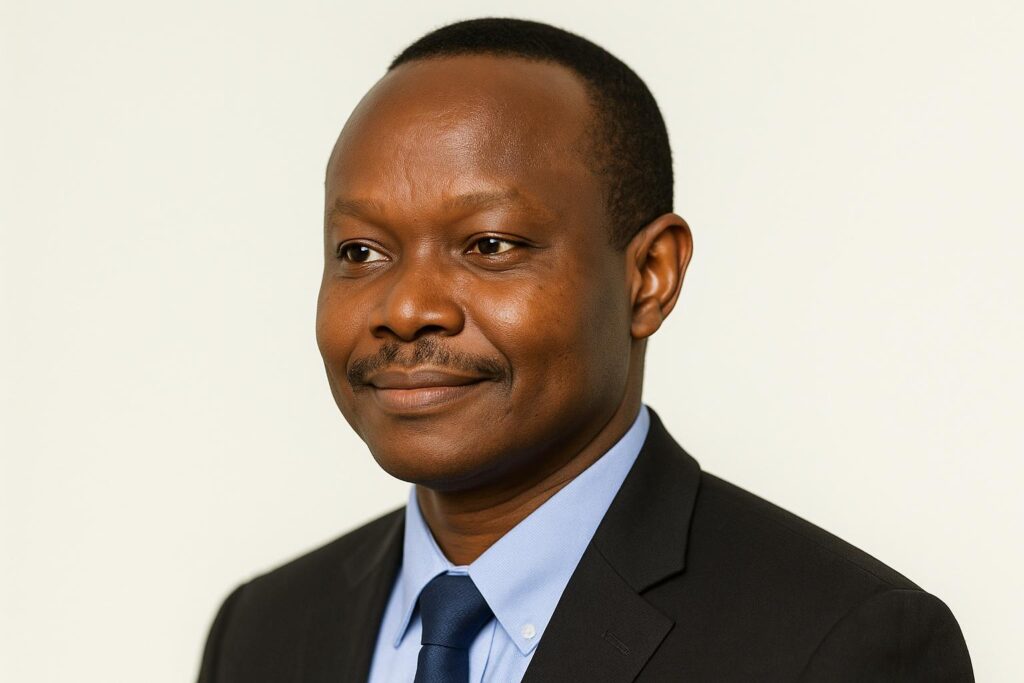Independence Milestone and Early Hope
When South Sudan raised its flag in July 2011, President Salva Kiir embodied liberation optimism. Oil wealth, international goodwill, and a unifying narrative promised rapid institution-building and inclusive growth across the Nile-fed grasslands.
Conflict Years and Peace Efforts
The 2013 political rift between Kiir and former vice-president Riek Machar quickly spiralled into national conflict, exposing fragile institutions and ethnic tensions that had simmered since wartime alliances.
Mediated talks in Addis Ababa produced the 2018 Revitalised Agreement. Cease-fire violations persist, yet the unified command structure and formation of a transitional parliament are notable steps credited to Kiir’s camp and international partners alike.
Economic Management Under Scrutiny
Oil delivers over 90 percent of government revenue, but fluctuating prices, pipeline fees to Sudan, and allegations of mismanagement have constrained service delivery (World Bank, 2023). Officials highlight road building and salary harmonisation as gains; critics cite arrears and opaque loan agreements.
Regional Relations and Diplomacy
Juba balances ties with Uganda, Kenya, and Sudan while courting Gulf capital and Chinese investment. Kiir’s supporters say diversified partners safeguard sovereignty; sceptics warn overdependence may compromise policy space, especially as regional troops monitor security provisions (IGAD, 2022).
Humanitarian Costs and Youth Outlook
UN agencies estimate that 9.4 million South Sudanese will need aid this year, citing floods, conflict, and economic shocks (OCHA, 2023). Food insecurity remains extreme despite lush agricultural potential.
More than half the population is under eighteen. Civil society groups argue that revitalised classrooms, trauma counselling, and job creation will define Kiir’s ultimate legacy more than battlefield narratives.
Looking Ahead to Delayed Elections
General elections, now slated for December 2024, could test constitutional reforms and security sector integration. Observers urge timely census work and electoral financing, while ruling SPLM insists the timeline is realistic and that Kiir will accept transparent results.


